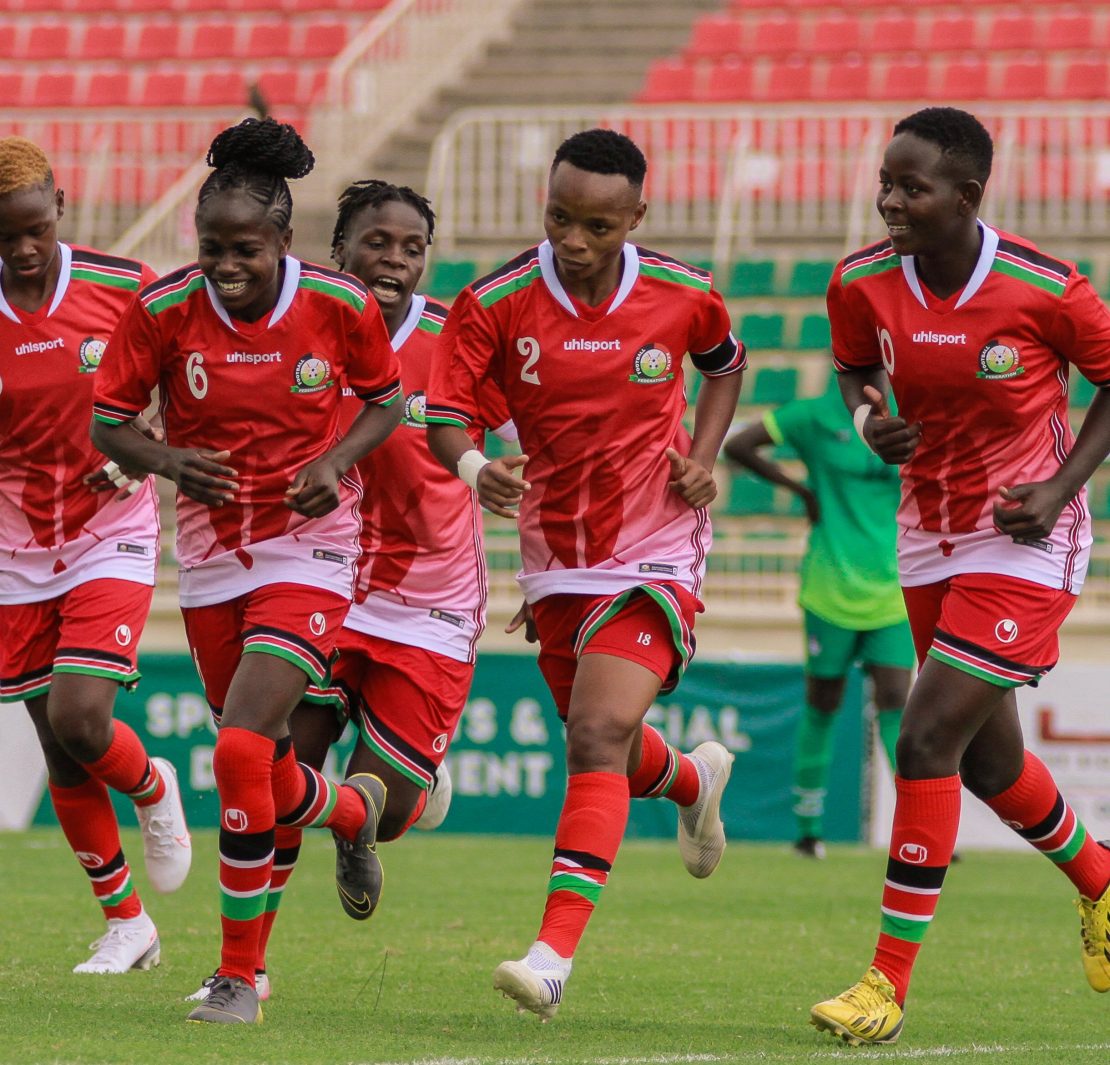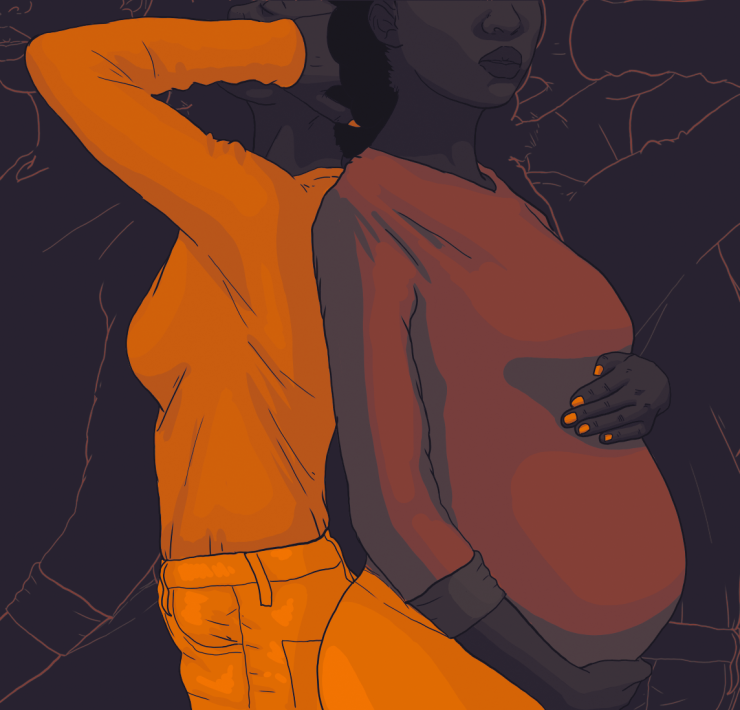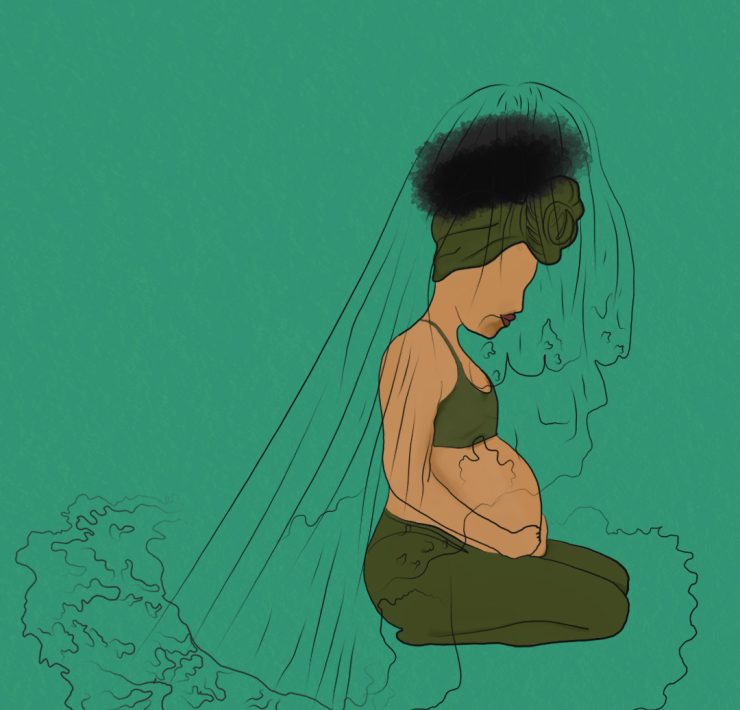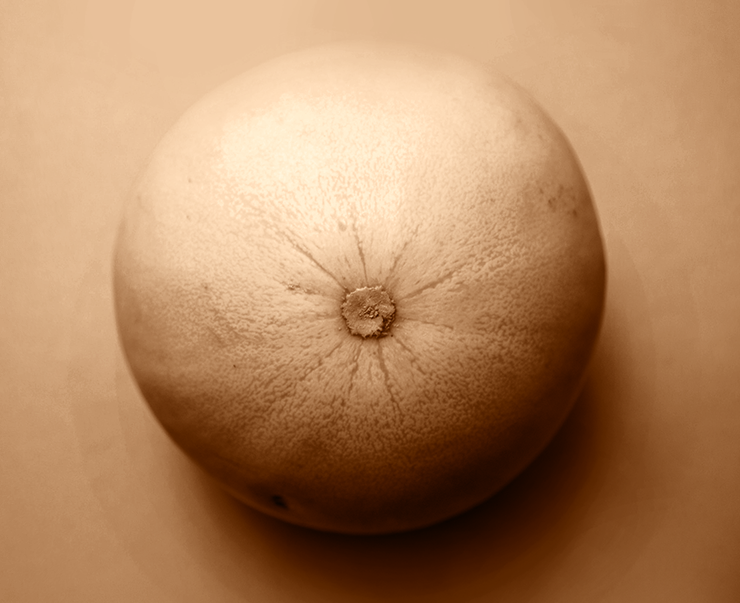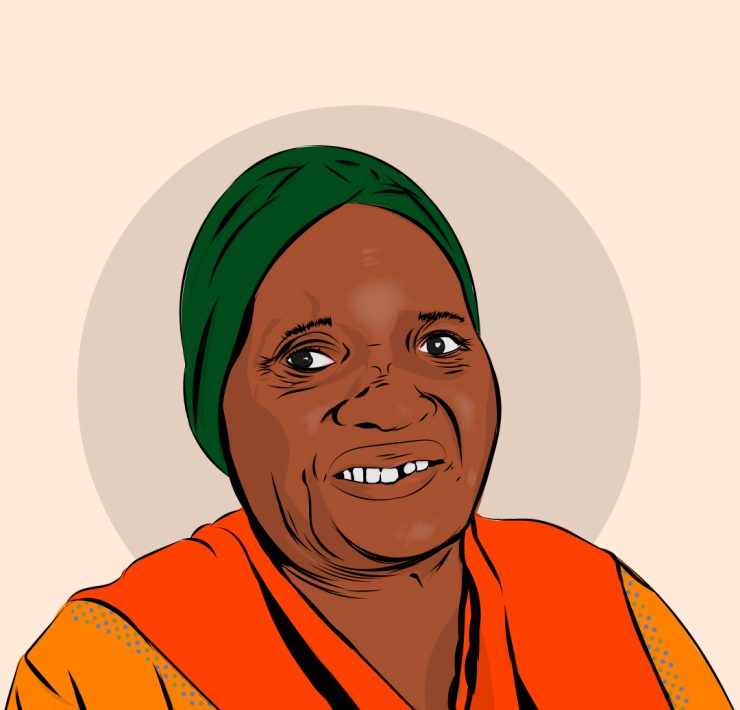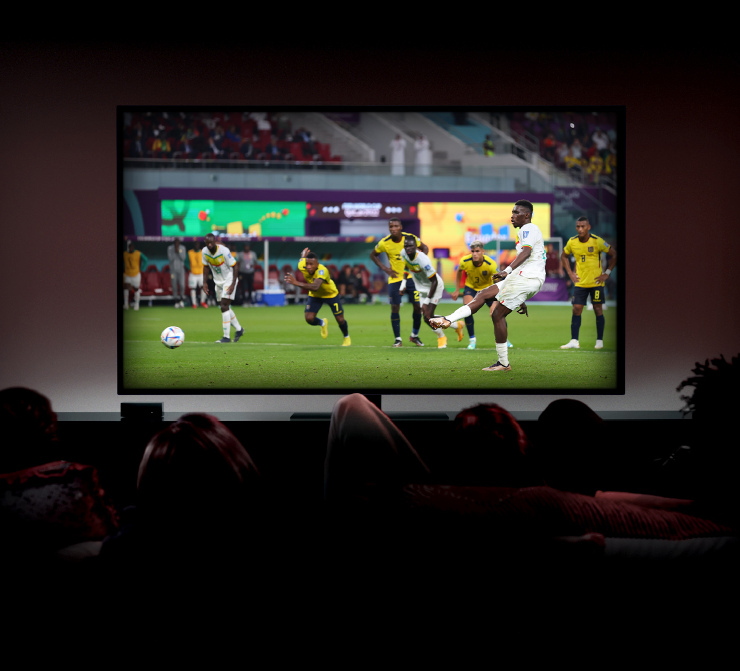When Nick Mwendwa replaced Sam Nyamwea as president of the Football Kenya Federation (FKF) in February 2016, one of his promises was to elevate women’s football in the country. And in counting his administration’s achievements, Mwendwa has bragging rights for taking Harambee Starlets, Kenya’s women’s side, to their first-ever Africa Women Cup of Nations (AWCON) in 2016 in Cameroon.
However, Mwendwa’s reign was later tarnished by corruption allegations that invited the intervention of Sports Cabinet Secretary Amb. Amina Mohamed. After reported backchannel conversations and a series of investigations (including by Parliament, with no outright indictment), the CS disbanded the FKF and installed a caretaker committee in November 2021, with a brief to oversee football matters in the country.
Typically, this kind of action invites a ban from the Federation Internationalé dé Football Association (FIFA), the world football governing body because it is considered government interference under Article 19 of the FIFA statutes. Further, the FKF disbandment meant there was no FIFA-affiliated entity in Kenya henceforth, putting football matters in a limbo of sorts. But as if knowing something the rest of the country didn’t – and calling for calm – Amb. Mohamed claimed that the Kenyan government was in contact with FIFA and its African affiliate, the Confederation of African Football (CAF).
And true to her word, Amb. Amina’s assertions were subtly confirmed after FIFA and CAF didn’t frown at the caretaker committee’s role in overseeing Harambee Stars’ World Cup qualifier matches against Rwanda and Uganda. But as all of this transpired, the reality was that the prospect for the Harambee Stars (the men’s national team) playing in the Africa Cup of Nations and World Cup were nil because they had lost all of the first qualifier matches. And so the threat of a ban was not as jeopardizing – because having the men’s team locked out of tournaments counts for a real loss, apparently – because the country did not have a lot to lose. However, Harambee Starlets were still in the ring, contesting for a spot in the Africa Women Cup of Nations tournament and the World Cup.
Clean House
Much as the caretaker committee was installed to oversee football governance in the country it was also mandated to ensure a smooth transition of power to suitable prospects in different posts in the federation. In January 2022, the committee conducted interviews for the Harambee Starlets coach post and hired Alex Alumirah, a seasoned coach in women’s football. Alumirah has won the women’s premier league title with Vihiga Queens and is currently the gaffer for Tanzania’s Tiger Queens.
Alumirah’s task was to take Harambee Starlets to the cup of nations and the world cup. He hit the road running on 26 January by naming a squad for the Africa Women Cup of Nations qualifier match against Uganda. The team camped in Kasarani and just days after the squad arrived in camp, communication from the Ugandan federation and media announced that Uganda had qualified for the AWCON tournament because Kenya had withdrawn from the tournament.
The communication from Uganda was treated as hearsay because only the Confederation of African Football (CAF) is mandated to make such calls. However, it was not long before CAF rubber-stamped the message by confirming that they received a message from Kenya stating that they have withdrawn from the tournament.
Poison Pen Letter
The letter or rather, the communication that CAF received from Kenya was penned by FKF’s CEO Barry Otieno. That the continental federation acknowledged the letter meant they still recognize Football Kenya Federation as the sanctioned body.
I talked to Raphael Omalla, a sports journalist to explain the conundrum in the country’s football administration.
“In effect, yes (that CAF recognizes FKF as the legitimate body). The old FKF is still recognized by CAF and FIFA,” Omalla explained. “It is them who were elected and are recognized in FIFA’s register as being in charge.”
I probe further and ask why and how the Caretaker Committee was able to organize the Harambee Stars’ matches against Uganda and Rwanda if CAF does not acknowledge them.
“The caretaker committee took charge of the matches but it was still FKF officials doing the match formalities,” Omalla said. “What ought to have happened is that there should have been a normalization committee in place to normalize the administration of football in this crisis until normal operations resume.”
A normalization committee is a body formed by FIFA and the members have to pass an integrity and eligibility check set by FIFA. It is usually mandated to form new statutes for the incumbent federation and conducts elections for the new federation officials. None of the members of the normalization committee are allowed to vie for the posts.
Forlorn Hope
Football hopefuls as well as the Caretaker Committee were still working to get Harambee Starlets to the continental tournament. And according to Omalla, there was cause for hope.
“The caretaker committee could push hard for this and lobby. Diplomacy skills are required to work here,” Omalla said. “Plus Ambassador Amina can run to FIFA with commitments to normalize the situation in Kenya.”
“What about Uganda? Can they protest?” I ask.
“Yes, especially if they have pulled the team from the camp, then most definitely they will not agree to go ahead with the match,” Omalla adds. “In any eventuality, I predict the match will be postponed for now until the position is ascertained.”
Harambee Starlets’ camp was closed and the Caretaker Committee conceded that the girls are out of AWCON. The country was banned by FIFA on 24 February.

